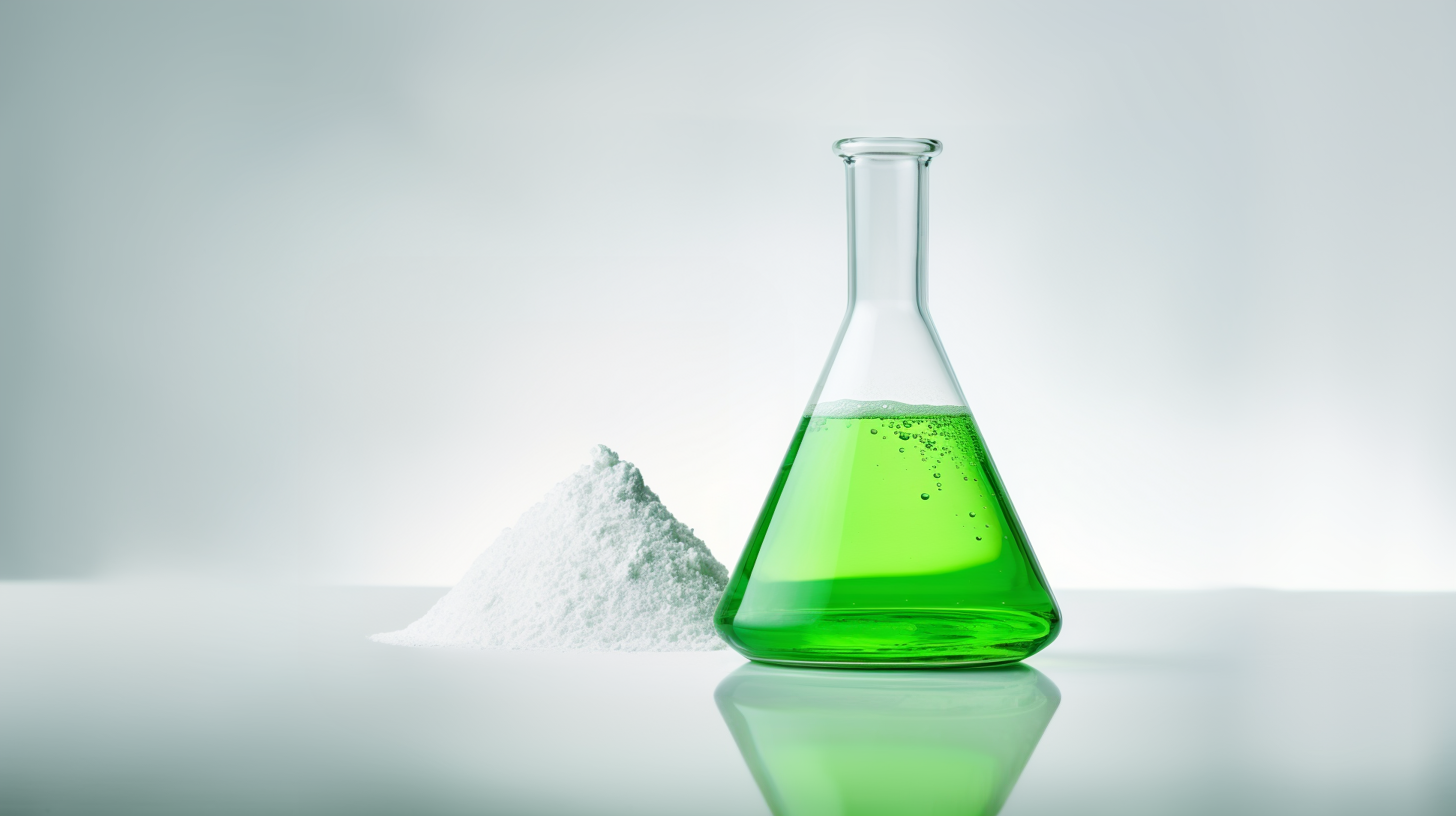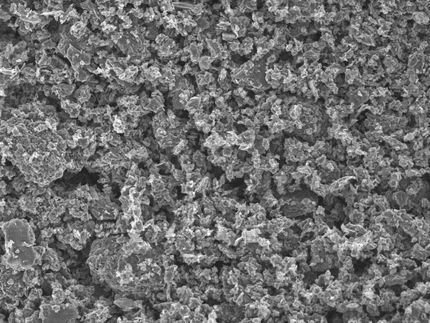Potential approach to how radioactive elements could be 'fished out' of nuclear waste
Manchester scientists have revealed how arsenic molecules might be used to 'fish out' the most toxic elements from radioactive nuclear waste - a breakthrough that could make the decommissioning industry even safer and more effective.
Elizabeth Wildman, a PhD student in the research group led by Professor Steve Liddle based at The University of Manchester, has reported the first examples of thorium with multiple bonds to arsenic to exist under ambient conditions on multi-gram scales where before they had only been prepared on very small scales at temperatures approaching that of interstellar space (3-10 Kelvin).
"Nuclear power could potentially produce far less carbon dioxide than fossil fuels, but the long-lived waste it produces is radioactive and needs to be handled appropriately," said Elizabeth Wildman, from Manchester's School of Chemistry.
"In order to find ways of separating, recycling and reducing the volume of nuclear waste, research has focussed on developing our understanding of how elements like thorium and uranium interact with elements from around the periodic table to potentially help improve nuclear waste clean-up."
Professor Liddle, Head of Inorganic Chemistry and Co-Director of the Centre for Radiochemistry Research at The University of Manchester, added: "We need to reduce the volume of nuclear waste in order to make it easier to handle and process it to remove benign elements or separate the high level from low level waste."
This research follows up on previous research published on uranium-phosphorus, uranium-arsenic, and thorium-phosphorus chemistry. This latest study looked at how the soft element arsenic interacts with thorium, because arsenic could in principle be used in organic molecules that bond to metal atoms and improve extraction processes.
"There is currently significant interest in using organic molecules to extract, selectively, metal ions from the 'soup' of nuclear waste and fish out the more radioactive and toxic ones and leave the rest behind," he added.
"This requires an understanding of chemical bonding and how the organic extractants bind to different metals. We can then exploit this knowledge to achieve separation by having them selectively bind to one type of metal and remove it from the soup.
"There is mounting evidence that the molecules that are best at this contain soft donor atoms to the metals. Thus, we need to understand soft donor-to-metal binding better.
"Arsenic is a soft donor, so we have prepared model complexes with it to understand the nature of the bonding. Until now, complexes exhibiting multiple bonds between thorium and arsenic were limited to spectroscopic experiments carried out at temperatures close to that of interstellar space (3-10 Kelvin) where only a few molecules were made at a time.
"Here, we have made molecules in multi-gram quantities and they are stable under ambient conditions enabling us to study them more straightforwardly. We might be able to use this new knowledge and understanding in a real system in the future."
Original publication
Other news from the department science
Most read news
More news from our other portals
See the theme worlds for related content
Topic world Extraction
Extraction is a fundamental process in the chemical laboratory that enables specific components to be isolated and concentrated from a mixture. Whether it's extracting active ingredients from natural products, removing impurities from synthesis products, or preparing analytical samples, extraction is a key step in achieving precise and efficient results in chemical research and analysis.

Topic world Extraction
Extraction is a fundamental process in the chemical laboratory that enables specific components to be isolated and concentrated from a mixture. Whether it's extracting active ingredients from natural products, removing impurities from synthesis products, or preparing analytical samples, extraction is a key step in achieving precise and efficient results in chemical research and analysis.






























































